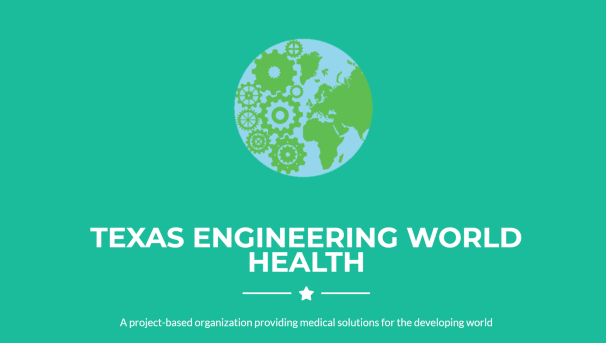This project is now in update mode. Check back regularly to see how things are progressing.
Help Us Engineer Medical Solutions For The Developing World!
What is Texas Engineering World Health?
We are a student organization at The University of Texas at Austin that creates innovative medical technology for developing world countries. Each year, we build medical devices from scratch and submit one to the Engineering World Health competition. The main goal of the competition is to provide a cost-effective medical device with real-life applications in developing countries. The primary cause for hospitals in the developing world to not be able to provide effective care is the lack of cost-effect equipment. Texas Engineering World Health aims to tackle this social issue by building medical devices each year for the developing world.
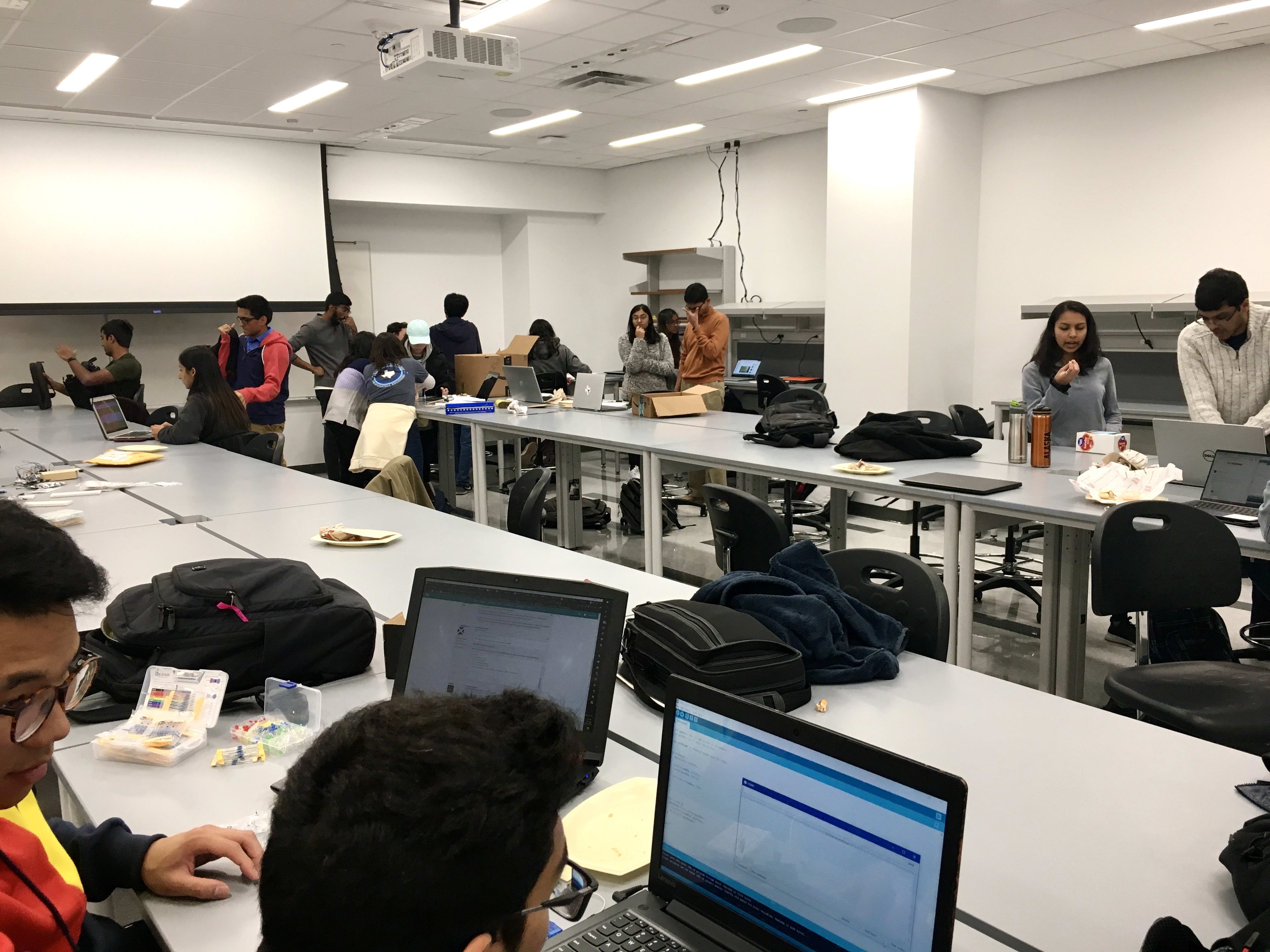
Our project last year was a patient vitals monitor that measured electrocardiogram activity, blood oxygen concentration, heart rate, blood pressure, and temperature. Other past projects include a portable neonatal incubator to treat jaundice with bili-lights, and a low-cost patient monitor that acts as an electrocardiogram. In fact, in 2015 Texas Engineering World Health won 1st place in the national Engineering World Health Competition and 3rd place in the NIH DEBUT challenge with our low-cost patient monitor.
Our Three Projects This Year
Diagnosing Malaria Using Machine Learning
This year, we have chosen to build three devices with a variety of purposes. Our first project is creating a machine-learning program to detect malaria from blood smears. With nearly 220 million cases a year and 450,000 deaths caused by malaria, detecting malaria as soon as possible to begin treatment is paramount.
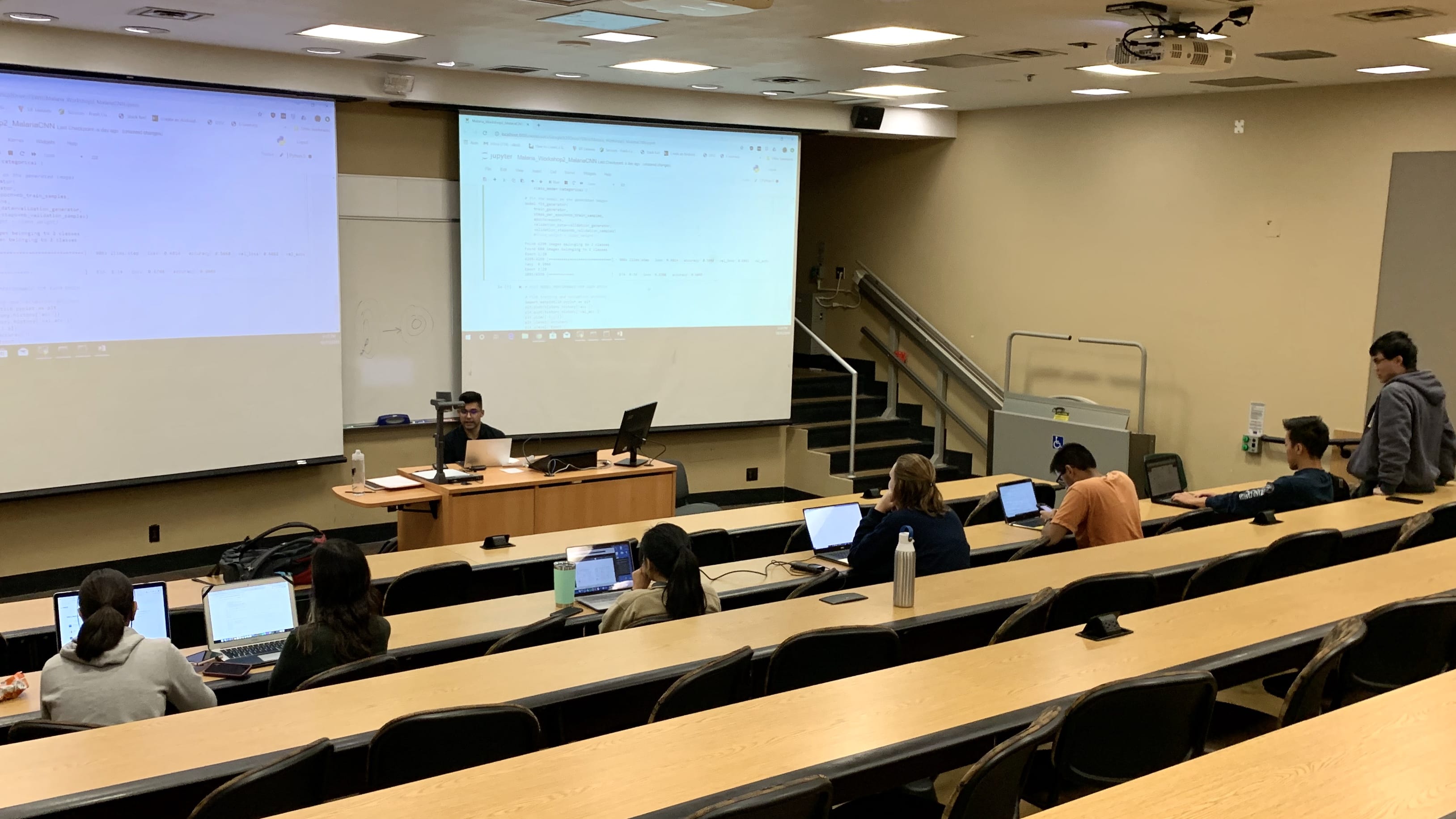
Haptic Feedback Wearable For The Visually Impaired
Our second project is using an array of ultrasonic sensors to help the blind navigate. More than 2.2 billion people across the world have a vision impairment and 90% of those live in developing countries. Ultrasonic sensors would enable the visually impaired to navigate their environment better than with a cane.
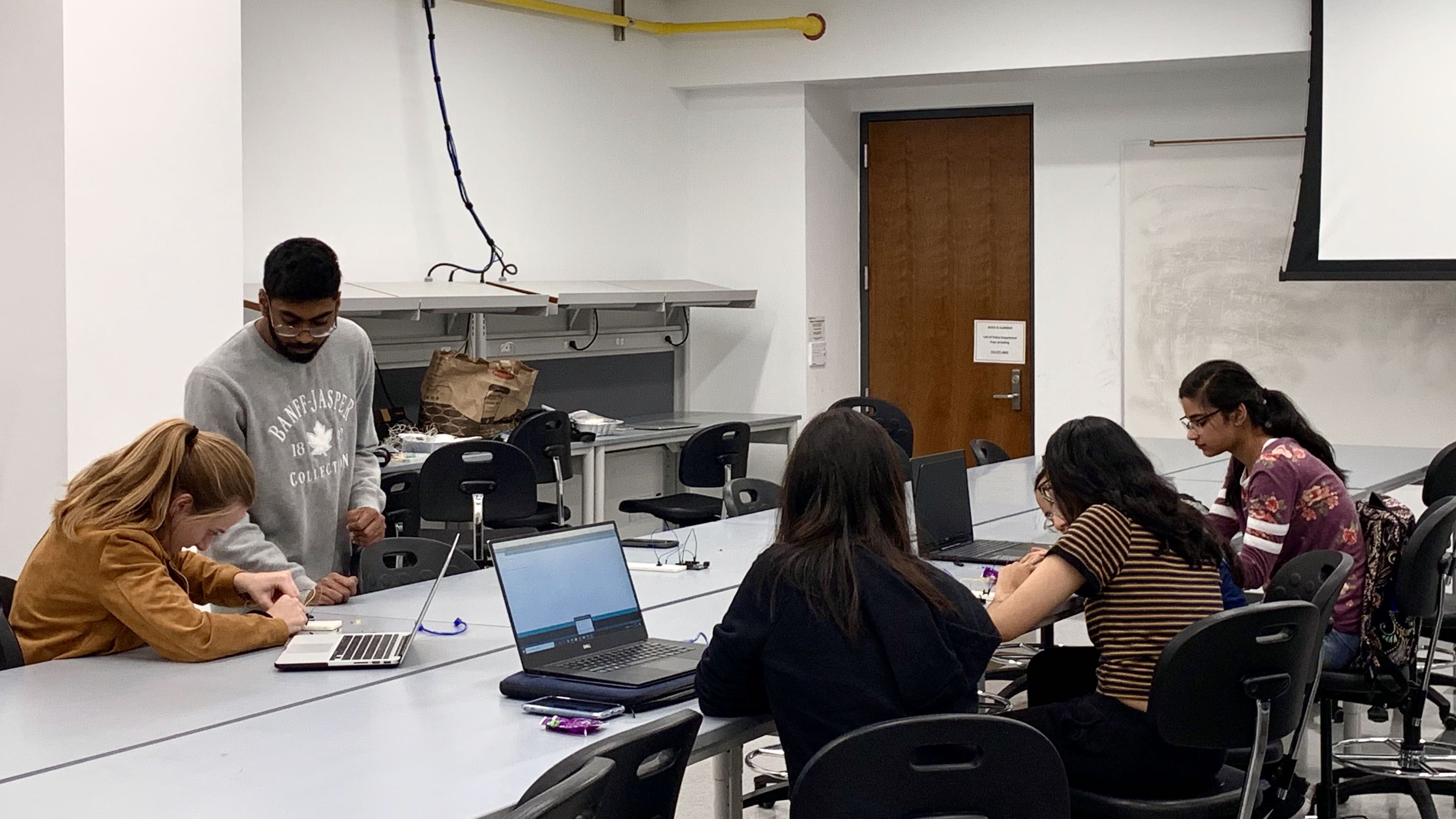
Collapsible, Solar-Powered Autoclave
Our third project is building a collapsible, solar-powered autoclave. Most hospitals do not have a consistent supply of electricity and no sustainable way to sterilize medical equipment. A collapsible, solar-powered autoclave would enable hospitals in the developing world sterilize equipment and prevent the spread of diseases and unclean practices.
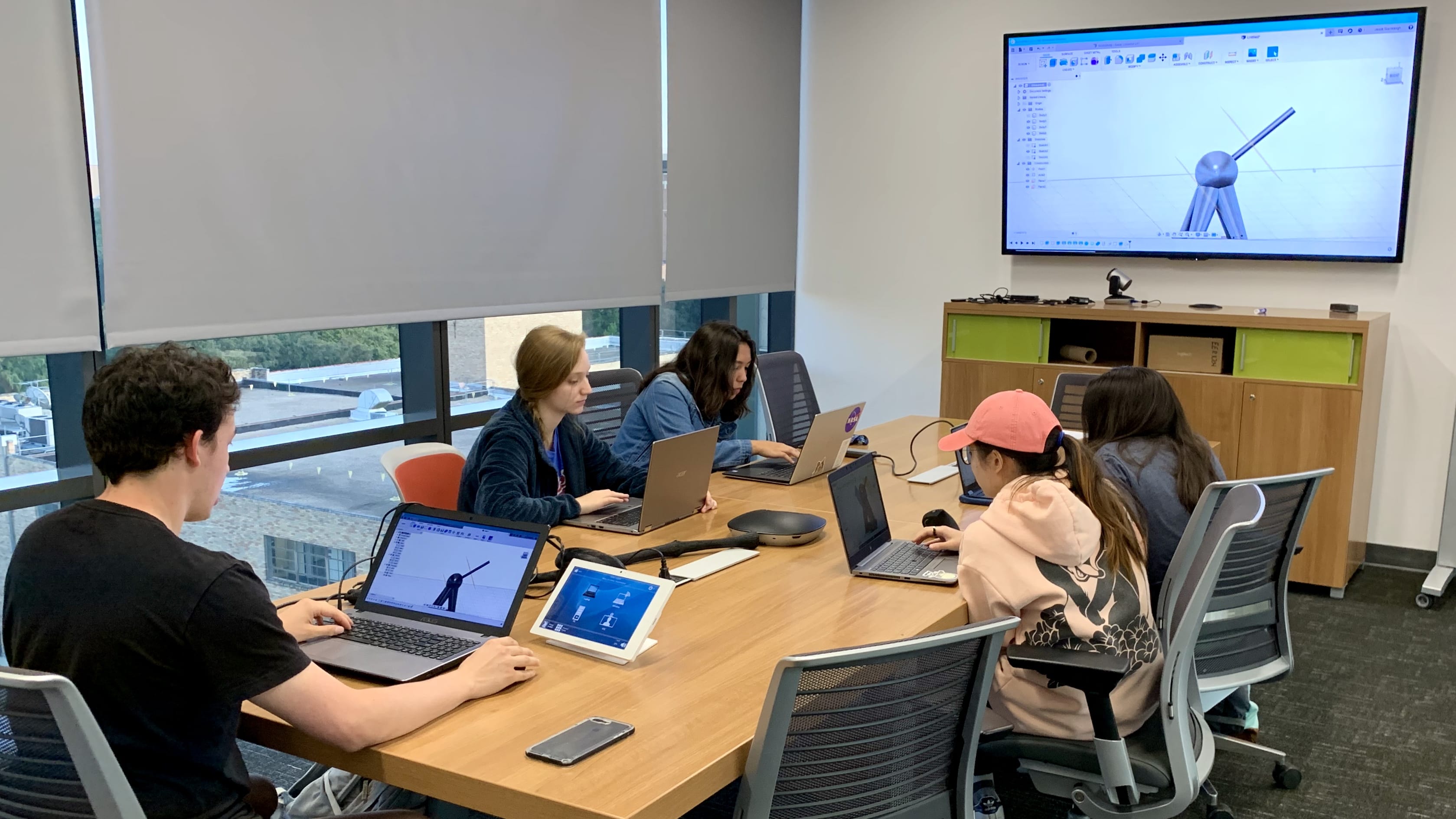
How You Can Help Us
Your donations are vital to our success as an organization. At the core of our mission lies the prototype. We will need to purchase a wide array of circuit boards, sensors, microcontrollers, measuring tools, construction materials, and more our devices. We will also need financial support to create different prototype designs to improve the robustness and reliability of the device. In addition, the Engineering World Health competition requires a large entry fee for our prototype submission, in return for professional feedback on how to further improve our device. Finally, we have other costs associated with running our organization, such as providing food at meetings and social events, while keeping student membership dues low to allow financially-challenged students to contribute. Your donation will be used to help cover all of these costs. We are immensely grateful for your generosity! Your donations will enable us to truly make a global impact. For more information and to view our past projects, please visit www.texasewh.org. Thank you!
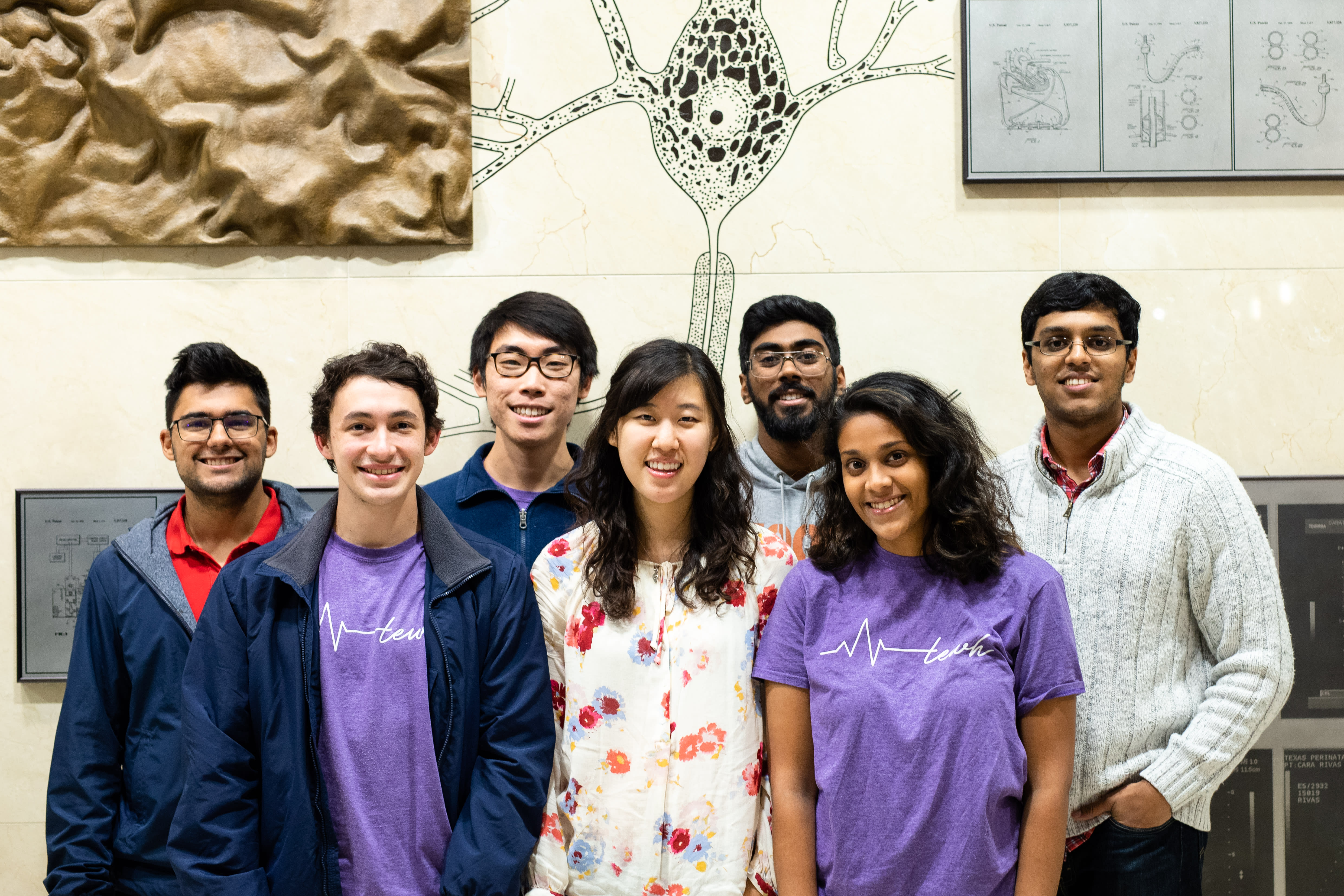
$20
Visionary
20/200 is the vision needed to be legally blind. With this donation, you will help pay for hardware components such as Arduino microcontrollers.
$45
Collaborator
Engineering World Health has chapters at 45 universities around the world! With this donation, you will help us pay for a team meeting where we design and prototype our devices.
$92
Doctor
92% of worldwide cases of malaria are located in the WHO African Region. Through this donation, you will help pay for food at our general meetings.
$150
Global Citizen
Every year, more than 150 million people face excessively high healthcare costs, driving them into poverty. With this donation, we will be able to pay for TEWH's annual national chapter fee.
$250
Inventor
An autoclave should reach 250 degrees Fahrenheit (121 degrees Celsius) to be effective. Through this donation, you will help pay for TEWH's entry into the international EWH competition.
$500
Grand Patron
Through this donation, you will cover the prototyping cost of one of the projects!

